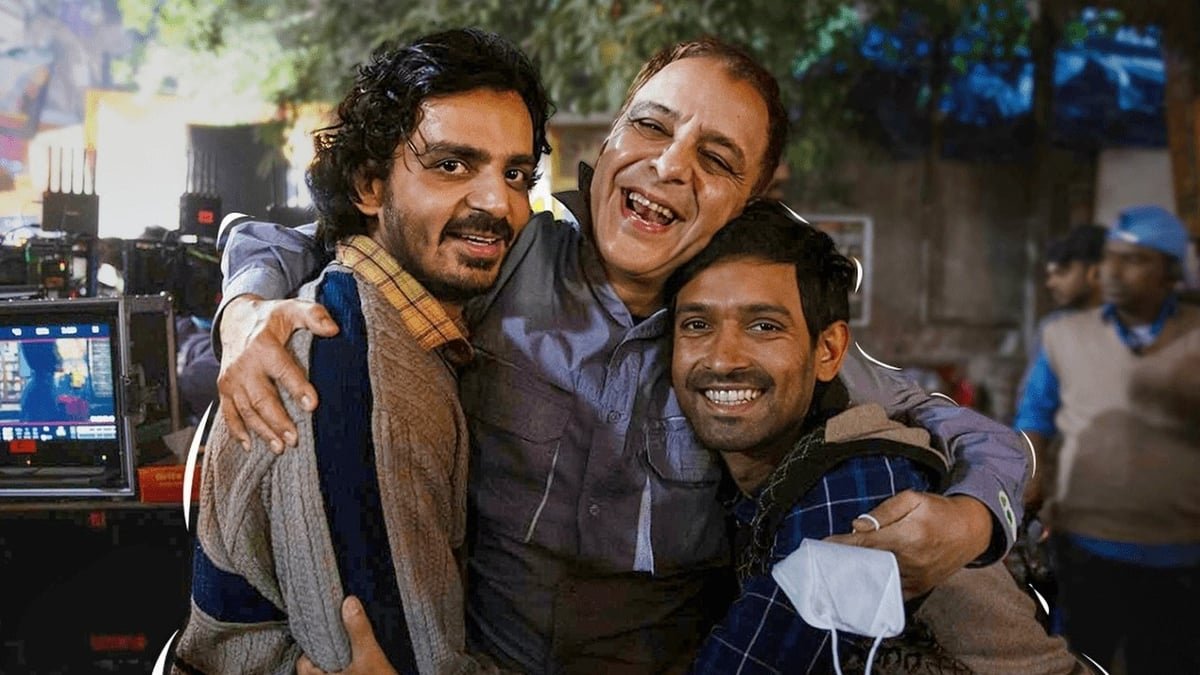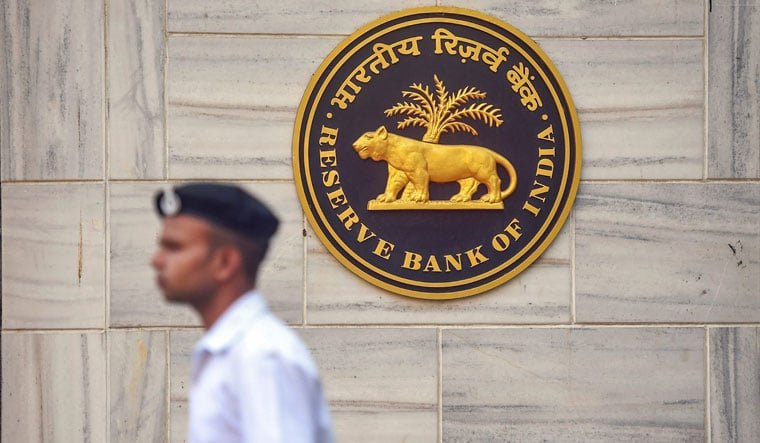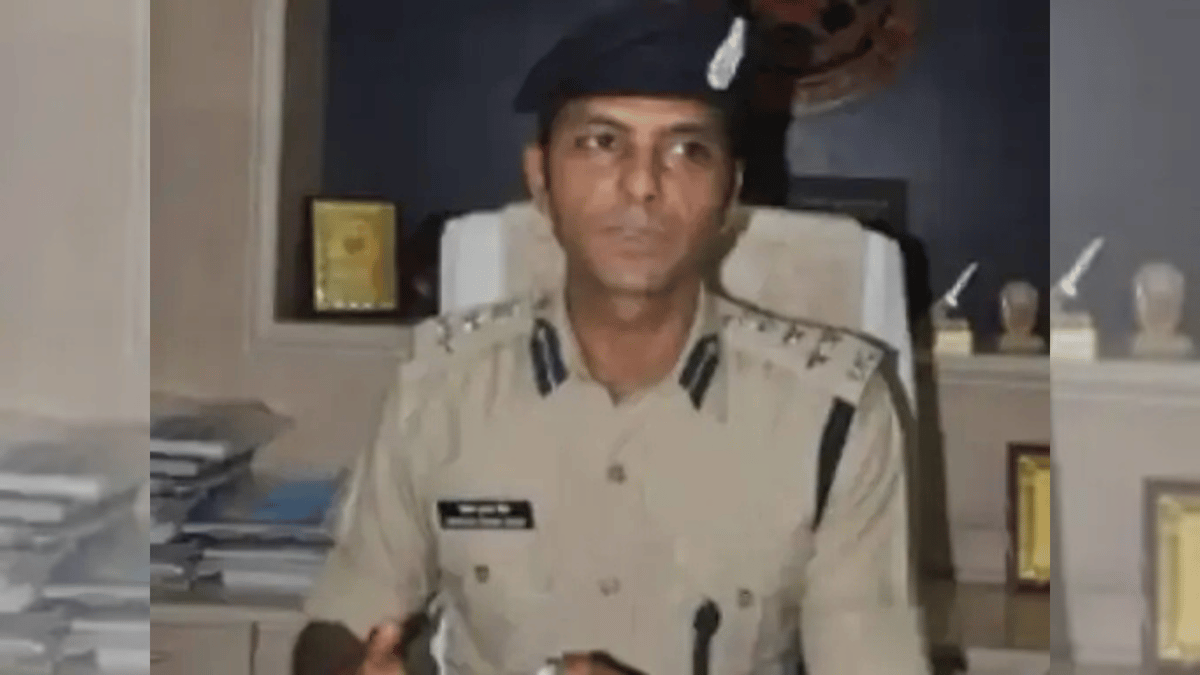Title: Zero Se Restart
Directors: Jaskunwar Singh Kohli & Vidhu Vinod Chopra
Cast: Vidhu Vinod Chopra, Vikrant Massey and others
Where: In theatres near you
Rating: 4 Stars
Vidhu Vinod Chopra, the maverick auteur behind some of Indian cinema’s most profound works, offers a rare peek into the alchemy of filmmaking with Zero Se Restart. Directed by Jaskunwar Singh Kohli, this documentary chronicles the making of Chopra’s 12th Fail, a cinematic ode to resilience. It doubles as a cinematic pep talk for anyone whose dreams have ever hit the snooze button. Chopra, along with the earnest team he leads, turns what could’ve been a vanity project into a heartfelt celebration of the art of starting over.
The documentary is less about the mechanics of filmmaking and more about the soul behind the craft. Divided into chapters like a cherished diary, the film meticulously documents how 12th Fail—based on Anurag Pathak’s book—came to life. From countless script rewrites to painstakingly revisiting dialogues, every tweak reveals the tireless pursuit of authenticity. But it’s not just the script that gets an overhaul. The team’s quest for the perfect locations—a forlorn flour mill in Delhi or Mussoorie’s bustling bus station—makes for riveting viewing, showcasing the lengths filmmakers go to for realism.
Through candid behind-the-scenes footage, the documentary invites viewers into Chopra’s orbit, where chaos and camaraderie coexist. His interactions reveal an endearing mix of stubborn perfectionism and familial warmth. The man’s charisma isn’t just in his cinematic vision but also in his ability to inspire. He’s the coach you wish you had—equal parts drill sergeant and doting mentor.
Technically, this film is a polished gem. The editing is crisp, stitching moments of triumph, doubt, and sheer madness into a coherent, engaging narrative. Shantanu Moitra’s background score, with lyrics by Swanand Kirkire, is subtly evocative, elevating scenes without overwhelming them. But while the technical finesse is commendable, the true triumph lies in how the film distils its grand themes—dreams, resilience, and the audacity to start afresh—into digestible, relatable moments.
The documentary occasionally teeters on self-indulgence, with Chopra’s charisma threatening to overshadow, the collective effort of his team. While his towering presence is fascinating, one can’t help but wish for more screen time dedicated to the unsung heroes—the assistants, crew members, and extras—who often make or break a film’s magic. There’s also a fleeting sense of predictability; the themes of “starting over” are hammered home with a gusto that, while inspiring, occasionally feels like a motivational seminar on repeat.
Despite its few indulgences, the film manages to do something rare: it stirs the audience into reflecting on their own “zero” moments—the junctures where ambition and innocence first collide. Whether you’re a filmmaker, a dreamer, or someone simply nostalgic for a time when life felt brimming with possibility, this film is a gentle nudge to dust off dormant dreams and dare to begin anew.
In the end, the film is more than a documentary. It’s a reminder that, like a film script, our lives are rewritable, and the only thing we truly need to restart is courage.




